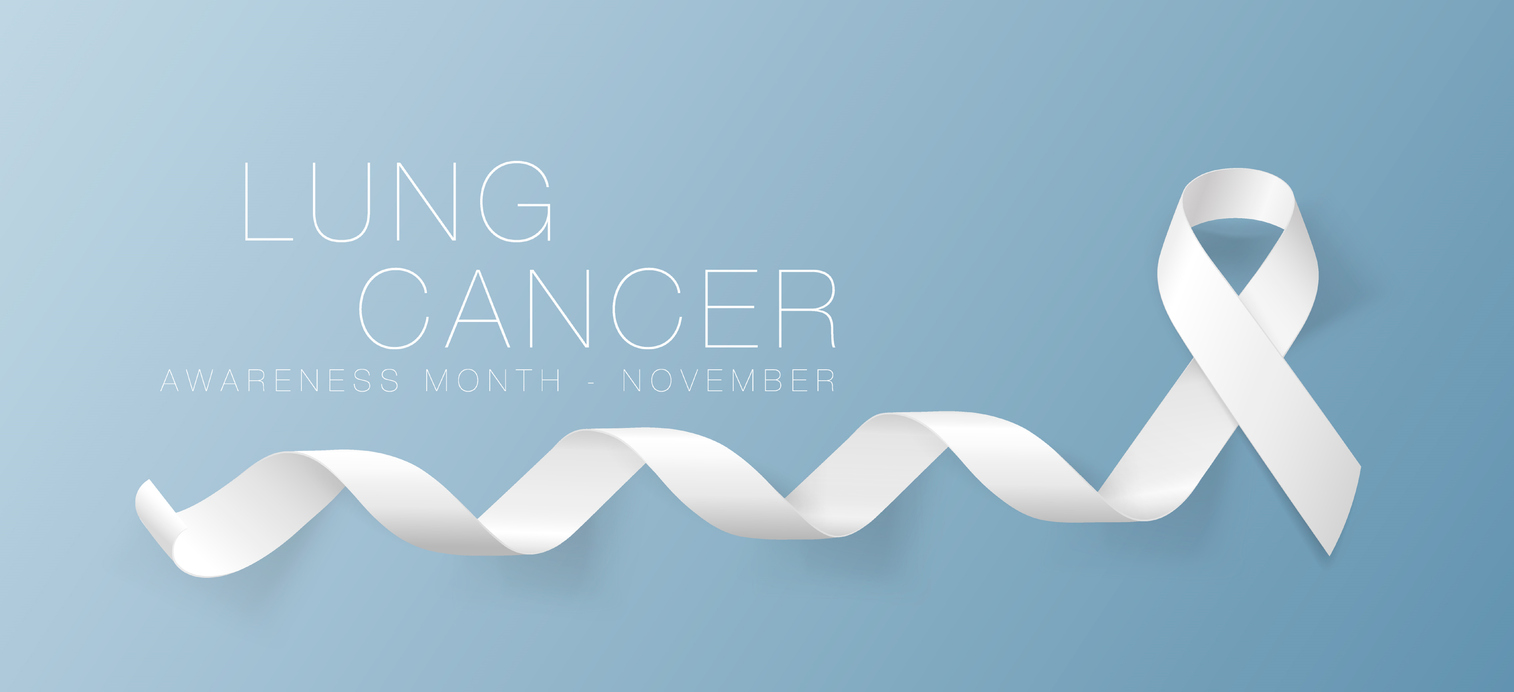Lung Cancer Awareness Month
Your lungs serve the crucial purpose of helping the oxygen you breathe in to reach your red blood cells to help the rest of your body function properly. When you take good care of your lungs, you take good care of all the other parts of your body too!
What is Lung Cancer?
Cancer develops when cells in the body begin to grow out of control abnormally, and with lung cancer, this process starts with the cells in the lungs. More specifically, lung cancers typically start in the cells that make up the bronchi, the tubes at the bottom of your trachea, or windpipe, that lead into your lungs.
There are various types of lung cancer to be aware of:
Small cell lung cancer - This type of cancer occurs almost always in heavy smokers and is less common.
Non-small cell lung cancer - This term refers to all the other types of lung cancers, including squamous cell carcinoma, adenocarcinoma, and large cell carcinoma.
People who smoke or smoked in the past are at the most significant risk for developing lung cancer, but this disease is not exclusive to smokers, and anyone can develop it.
Signs and Symptoms of Lung Cancer
There are typically no symptoms to alert you to the cancer in its early stages, and the signs typically show and progress once the disease is advanced. Here are some of those sign to look for when it comes to lung cancer:
Schedule a visit with your doctor if you are experiencing any of these symptoms and have concerns about your health and your lungs’ well-being, especially if you are currently or in the past was an avid smoker.
How to Take Good Care of Your Lungs
While there is no sure way to prevent lung cancer, you can minimize your risk by taking proper care of your lungs so they can function properly at all times:
Lung Cancer Treatment in New York
The experts at New York Cancer and Blood Specialists are here to help you through your cancer journey, from diagnosis to remission. We are committed to providing our patients with a personalized path through treatment and unmatched support the entire time you are with us. Visit our website or give us a call at (855) 528-7322 to learn more.


